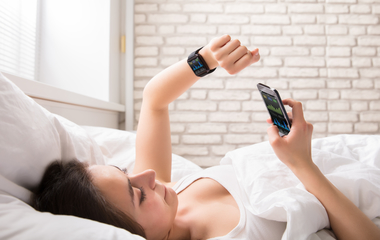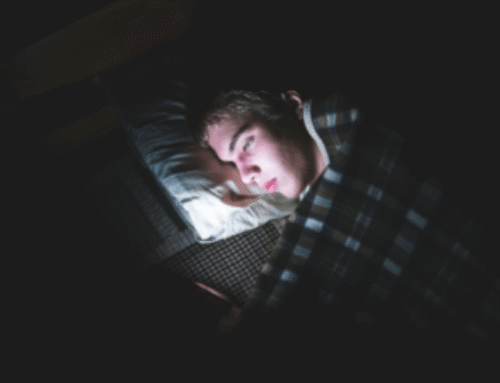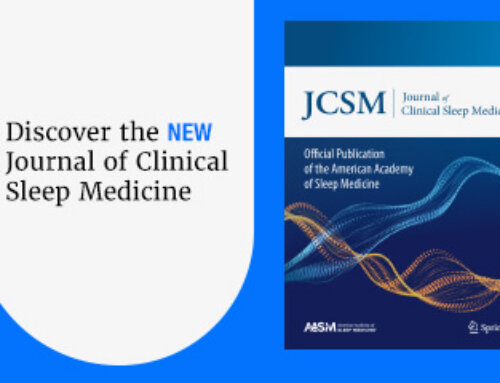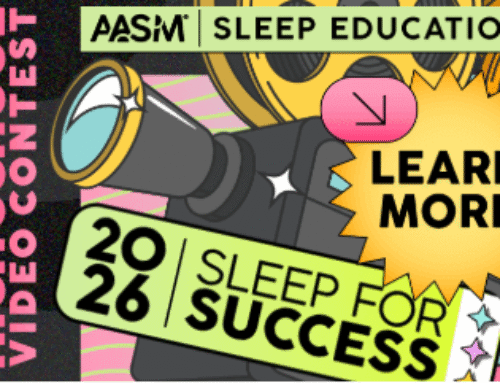DARIEN, IL – According to a position statement from the American Academy of Sleep Medicine (AASM), consumer sleep technology must be cleared by the Food and Drug Administration (FDA) and rigorously tested if it is intended to diagnose or treat sleep disorders.
Consumer sleep technologies are non-prescription devices such as wearables and mobile apps that are directly marketed to consumers to monitor sleep, improve sleep quality, or screen for sleep disorders. However, there are minimal data validating the ability of these devices to accurately perform these functions, and to date almost no consumer sleep devices have undergone review by the FDA.
The lack of validation data and absence of FDA clearance raises concerns about the accuracy of consumer sleep technology. Therefore, it is important for health care providers to understand the capabilities and limitations of these devices.
“Given the heightened public awareness of the importance of sleep, and of diagnosing and treating sleep disorders, I believe we will continue to see more patient-generated health data,” said lead author Dr. Seema Khosla, the medical director of the North Dakota Center for Sleep in Fargo. “We need some guidance both for how to utilize consumer sleep technology in our practice and also how to communicate with our patients about the specific metrics their devices are measuring.”
The position statement is published in the May 15 issue of the Journal of Clinical Sleep Medicine.
As the popularity of consumer sleep technology continues to grow, clinicians are increasingly asked to analyze patient-generated health data. However, health care providers must recognize that this data should be considered in the context of a comprehensive sleep evaluation and should not replace validated diagnostic testing.
“While technology is advancing rapidly, and we are following the trends closely, consumer sleep devices currently are unable to diagnose sleep disorders,” said AASM President Dr. Ilene Rosen. “Individuals who are dissatisfied with their sleep, experiencing an ongoing sleep problem, or struggling with excessive daytime sleepiness or fatigue should discuss this important issue with a licensed medical provider, regardless of what their wearable or other consumer sleep technology device tells them.”
Despite their limitations, consumer sleep devices may increase awareness of the importance of sleep and the potential presence of a sleep disorder. Therefore, this technology can promote meaningful interactions between patients and clinicians when discussed during an appropriate clinical evaluation.
“I, like many of my colleagues, have seen more patients presenting to the sleep clinic to discuss their abnormal data,” said Khosla. “They are looking for ways to improve their sleep and reaching out to their local sleep specialists for guidance. I believe consumer sleep technology allows us to partner with our patients to improve their sleep.”
To request a copy of the statement, “Consumer Sleep Technology: An American Academy of Sleep Medicine Position Statement,” or to arrange an interview with the lead author or an AASM spokesperson, please contact the AASM at 630-737-9700, or media@aasm.org.
The monthly, peer-reviewed Journal of Clinical Sleep Medicine is the official publication of the American Academy of Sleep Medicine, a professional membership society that improves sleep health and promotes high quality, patient-centered care through advocacy, education, strategic research, and practice standards. The AASM encourages patients to talk to their doctor about sleep problems and visit SleepEducation.org for more information about sleep, including a searchable directory of AASM-accredited sleep centers.





